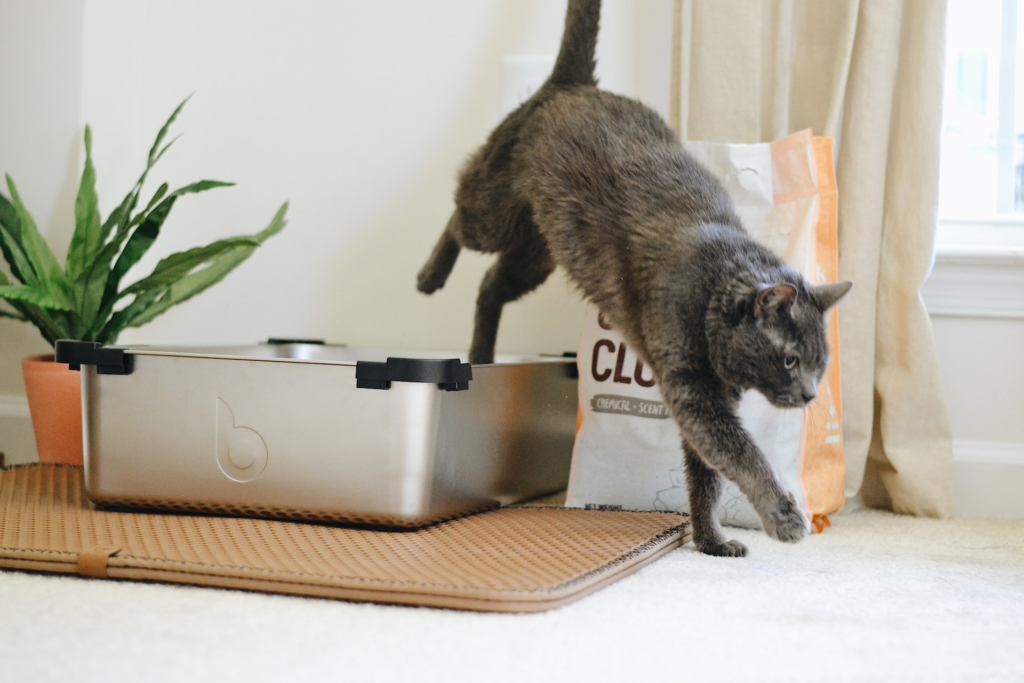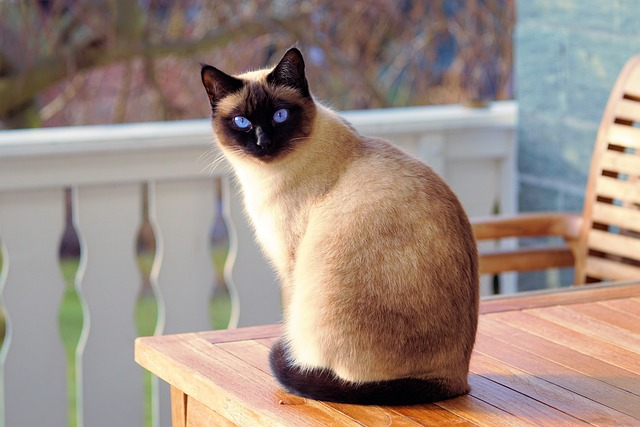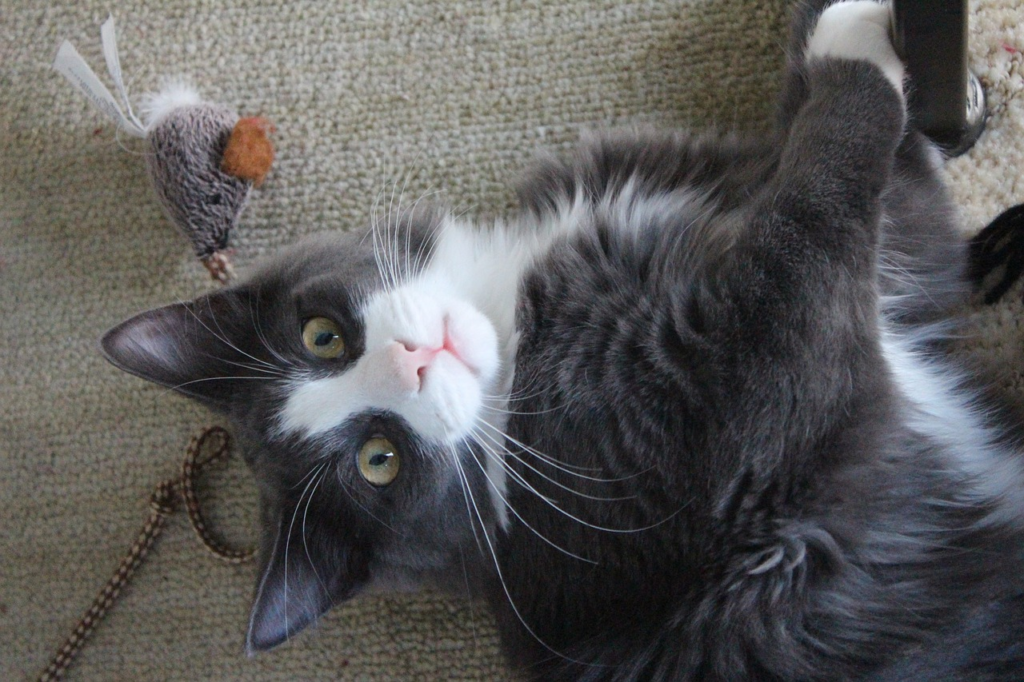As cat owners, we all want the best for our feline friends, and this includes providing them with a comfortable and safe litter box experience.
For cats with sensitive paws, choosing the right type of cat litter is essential.
In this article, we will discuss the best types of soft cat litter for your sensitive cats’ paws, as well as what to look for when selecting cat litter for your furry friend.
Top 5 Best Cat Litter for Sensitive Paws
The Best Types of Soft Cat Litter for Sensitive Paws
Kitty litter comes in all shapes, sizes, materials, smells and so much more. It’s often hard to choose!
You may be asking yourself: “How do I know what will be best for my furry baby?”
Look no further.
We’ve got the low down on all things cat litter.
Wood Litter
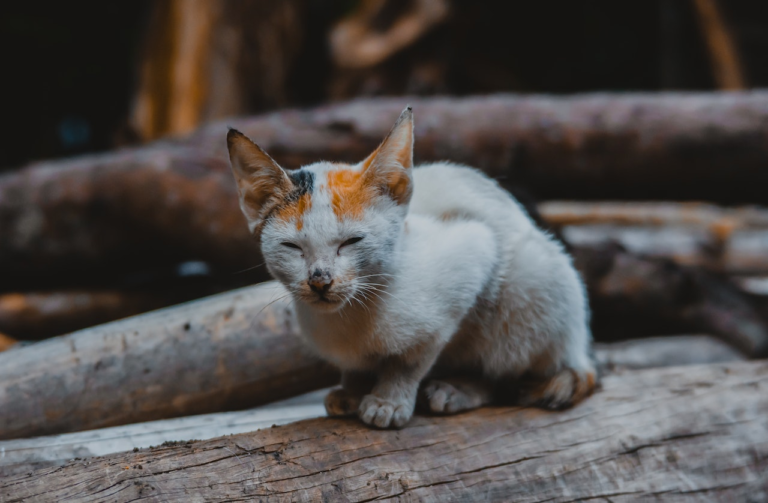
Wood litter is an excellent option for cats with sensitive paws. It is made from sawdust and other recycled wood fibers, which provide a soft and comfortable surface for your cat’s delicate paws.
Wood litter is also highly absorbent, which helps control odors and makes cleaning the litter box a breeze.
Additionally, it is an environmentally friendly option since it is made from renewable resources.
Wheat Litter

Wheat litter is another great litter choice for cats with sensitive paws.
It is made from ground wheat, which is highly absorbent and provides a soft texture for your cat’s paws.
Wheat litter is also biodegradable, making it a great eco-friendly option for multi-cat households.
However, if your cat has a wheat allergy, it’s best to avoid this type of litter.
Crystal Litter
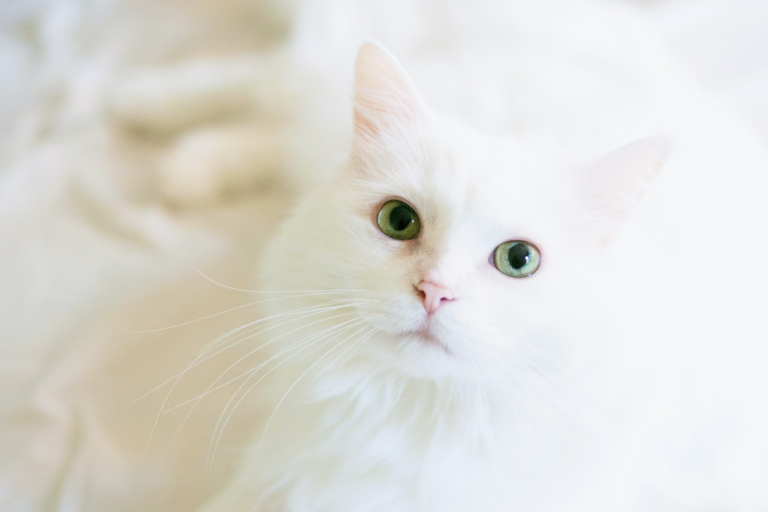
Crystal litter is a popular choice for many cat owners because it is lightweight, highly absorbent, and long-lasting.
It is made from silica gel, which is safe for cats and provides a soft surface for their paws.
Crystal litter is also virtually dust-free, making it an excellent option for cats with respiratory issues.
However, it’s essential to keep in mind that crystal litter may be a bit pricier than other options.
Our pick for crystal litter doesn’t break the bank or sacrifice quality.
Paper Litter
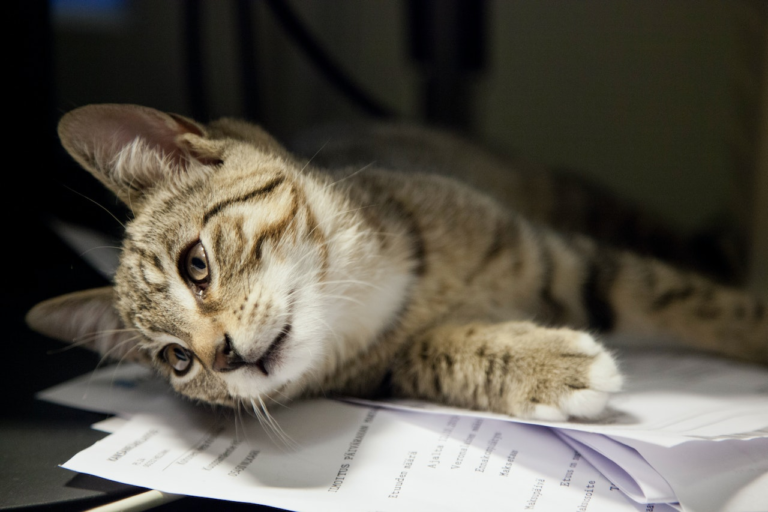
Paper litter is an excellent option for cats with sensitive paws.
It is made from recycled paper, which provides a soft and comfortable surface for your cat’s paws.
Paper litter is also highly absorbent, making it an excellent option for controlling odors.
Additionally, it is environmentally friendly since it is made from recycled materials.
Clay Cat Litter

The tried and true!
Kitty owners have been using clay in litter boxes for years and with good reason.
It simply works. Though, there are a few things to look out for when dealing with cats with sensitive paws.
Clay-clumping litter may leave you disappointed and potentially hurt your cat’s paw pads, so make sure the clay litter you choose does not have fragrance. Often times, clay litter companies will try to hide this so do your research!
Also, it helps if the box says it is specifically for sensitive paws. This will help ensure the granule size is not too harsh on your cat’s sensitive paws.
Elsey’s paw-sensitive litter is a great option here.
Can Litter Hurt a Cat's Paws?
Cat litter is generally safe for cats, but it’s important to choose the right type of cat litter for your feline friend.
Some types of litter can be harsh on a cat’s paws and cause irritation or discomfort.
For example, some types of natural clay and litter contain small, sharp particles that can scratch a cat’s sensitive paw pads.
Additionally, litter with a rough texture can cause discomfort when your cat digs or scratches in the litter box.
Allergies are the next big culprit for discomfort so try to use hypoallergenic materials for litter boxes.
Remember That Some Cats Are Sensitive to Plant Fibers
It’s important to be mindful that some cats may have allergies or sensitivities to certain plant fibers used in cat litter.
For instance, some cats may be sensitive to corn, which is a common ingredient in many types of cat litter.
Corn is a natural material that is often used in biodegradable cat litter because it is an eco-friendly option.
However, if your cat has a corn allergy, using cat litter made from corn can cause skin irritation, digestive issues, and other health problems.
It’s essential to check the ingredients of any cat litter before purchasing it, especially if your cat has allergies or sensitivities.
If you’re unsure whether your cat is allergic to a particular type of plant fiber, you can consult your veterinarian to perform allergy testing or suggest alternative litter options.
It’s also important to note that even if your cat doesn’t have a known allergy, some cats may still be sensitive to certain plant fibers.
If you notice that your cat is avoiding the litter box or shows signs of discomfort, such as pawing at the litter or excessively grooming their paws, it may be a sign that the litter is causing irritation.
In such cases, it’s best to switch to a different type of and monitor your cat’s behavior.
Look For Cat Litter Made From Soft Materials
When selecting the best cat litter for a cat with sensitive paws, it’s crucial to look for litter made from soft materials.
Soft materials like wood, paper, and silica gel provide a comfortable surface for your cat’s paws and are less likely to cause irritation or discomfort.
Additionally, softer litter is less likely to stick to your cat’s paws or fur, which can be uncomfortable for your cuddly cat.
Paw injuries like pillow foot can cause cat owners to worry about the litter their cat is coming in contact with.
It is very important to make sure soft litter is a priority when dealing with paw injuries.
Avoid Cat Litter Made With Artificial Dyes & Scents
Many types of cat litter are artificially dyed or scented to control odors and enhance the appearance of the kitty litter itself.
However, these additives can be harsh on your cat’s paws and respiratory system.
It’s best to avoid litter that contains dyes or fragrances as they can cause irritation, allergies, and respiratory issues.
Dyes are often used to give cat litter a more vibrant color, but they can contain chemicals that can cause harm to your cat.
The dyes can also transfer to your cat’s paws and fur, or even be ingested if your cat licks their paws after using. This can lead to digestive issues or other health problems.
Fragrances are added to cat litter to control odors, but they can be overwhelming for cats with sensitive noses.
Some fragrances may contain chemicals that can be harmful to your cat’s respiratory system, leading to coughing, wheezing, or even asthma attacks.
Additionally, cats have a keen sense of smell, and the strong scent of scented cat litter may discourage them from using the litter box often.
When selecting cat litter, it’s best to choose an unscented option that contains natural, non-toxic materials.
Ideal Granule Size
Cats can be… well, complicated.
That’s why there’s something to be said about the granule size of the litter you choose.
Prioritize litter that has a comfortable texture. Try mixing in your kitty’s current litter with the new litter at first until they’re fully comfortable.
Low dust, pellet form litter is great but also try more fine granules to low dust and see which your cat seems to prefer.
Don’t use cat litter that has sharp edges or is otherwise uncomfortable for your cat.
The Best Cat Litter for Sensitive Paws Top Picks (Our Full Review)
Ok, so we’ve covered the basics and then some.
Let’s get down to business… What specific litters are the best and why?
We stacked them up head to head so you can make the best choice.
While there are many great cat litters already out there, here are the ones our editors chose based on cat comfort, affordability, allergens, and availability.
All around the best soft cat litter you can go with for cats with sensitive paws.
We love it for its excellent clumping ability and odor control. Plus it’s fragrance and additive-free. Best of all, its soft texture ensures your fur babies’ paws are comfortable while walking on it.
It also comes with a litter box use guarantee or your money back, which we haven’t had to use because cats love it!
Pros
Great all-around cat litter for softness, odor control, and cost.
Money-back guarantee.
Made specifically for cats with sensitive paws
Cons
Other litters have just a bit more to offer in terms of odor control.
Sometimes hard to find in-stores but available online.
Paper litter like this one is great for cats with allergies and sensitive paws.
It comes in many granule forms such as pellets, fine granules, and more.
It’s the most environmentally friendly option since it is made with 100% recycled materials.
If your kitty has frequent incontinence it is also a great option due to its strong absorption.
Pros
Highly absorbent.
Softest texture for sensitive paws.
100% Recycled.
Cons
Not much in the way of odor control.
Can be messy to clean with a normal sifter.
Costly.
This wood litter is a great choice for cat parents who have fur babies allergic to things like wheat or corn litter.
It’s all-natural and is very easy to clean up. When bought in larger quantities it is one of the more economical options out there.
Pros
Safe for most cats with allergies.
Cost-effective in larger quantities.
Easy clean up.
Natural odor control (smells like pine wood).
Cons
Costly for smaller quantities.
May not be good for cats with respiratory allergies due to dust.
Crystal cat litter is fairly newer to the market.
Cat parents either love it or hate it.
It is definitely worth looking at due to the price and how long it lasts compared to other litters.
Silica gel-based litters are safe for cats and there are fragrance-free options like the one featured in this section.
Some cats may take some time to get used to the feeling of it but most eventually catch on.
Pros
Long-lasting. One bag can last up to a month for a single-cat household.
Due to its less frequent changings, it is extremely cost competitive.
Virtually dust free and hypoallergenic.
Cons
Claims a low mess but cats tend to scatter it everywhere.
If you have small children in the house there is a choking hazard.
This is a great option if your cat is switching from corn litter due to an allergy.
Its soft texture is great for sensitive paws and is 100% biodegradable & renewable.
There isn’t much mess compared to other litter and it has natural odor control.
Pros
-
Natural odor control.
-
Extremely soft texture.
-
Good for multi-cat households.
-
100% renewable and eco-friendly.
Cons
-
Slightly more expensive than other litter.
-
Says fragrance-free but unclear if it includes other ingredients like artificial dyes.
Conclusion
Choosing the right type of cat litter is crucial for cats with sensitive paws.
Soft cat litter made from natural materials like wood, paper, wheat, or silica gel is an excellent choice for cats with sensitive paws.
Additionally, it’s essential to avoid cat litter made with artificial dyes or scents as they can cause irritation or respiratory issues in some cats.
Keep in mind that no two cats are exactly the same!
Test around and see what your feline friends prefer best.
By selecting the right type of litter, you can ensure that your cat’s litter box experience is comfortable, safe, and enjoyable.

